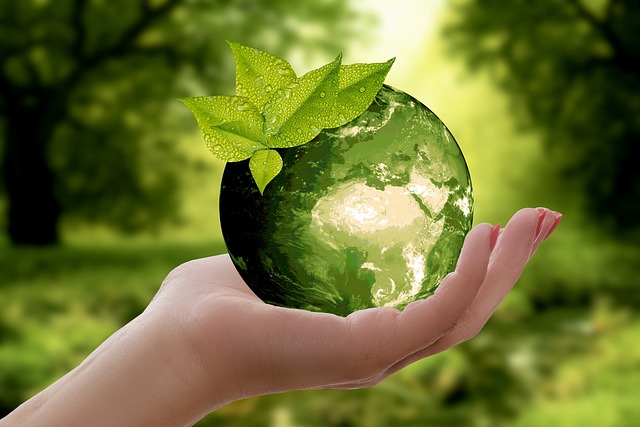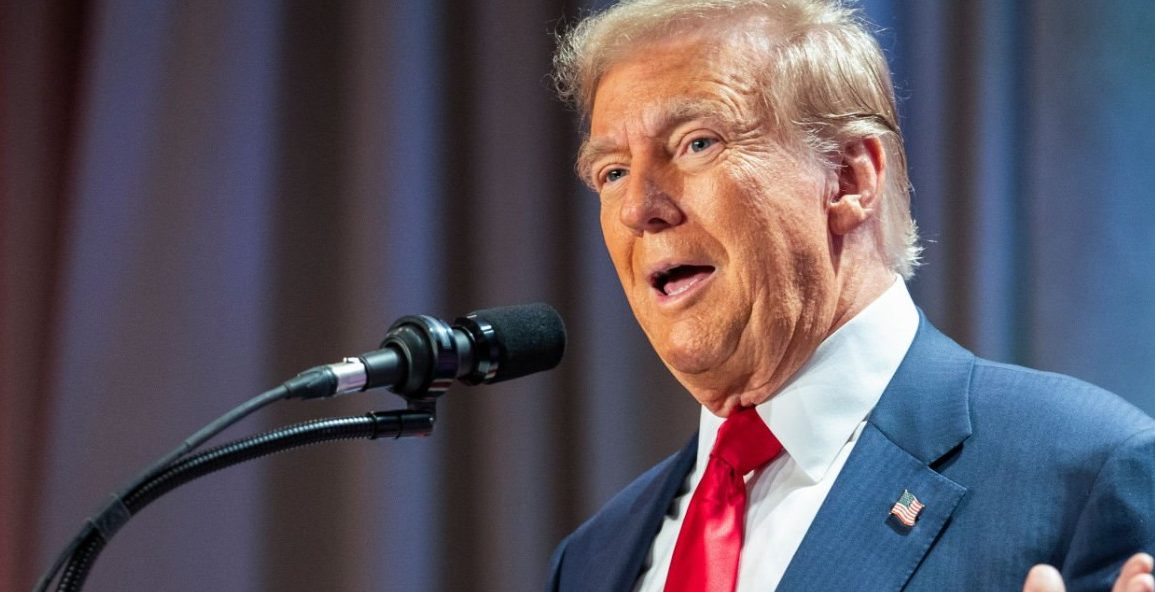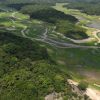This mindset, popularized by billionaires like Peter Thiel and Elon Musk, revolves around protecting one’s survival through wealth and isolation, rather than seeking solutions to the crises affecting the environment and global inequality.
This mindset is not just a private concern but has profound implications for global climate action.
Trump’s first term already saw the rollback of environmental protections, and his potential return threatens to accelerate this trend.
Under Trump 2.0, the U.S. could retreat from international climate commitments, notably the Paris Agreement, making it more difficult for developing nations to secure promised climate aid.
These countries, already vulnerable to extreme weather events, rely on stable climates and international cooperation for their survival.

As global temperatures rise, extreme weather events like hurricanes, droughts, and floods are becoming more frequent, and Trump’s policies could exacerbate these issues.
The Amazon rainforest, crucial for South America’s water cycle, faces heightened threats under Trump’s denial of climate science.
His rhetoric emboldens far-right movements globally, including in Brazil, where deforestation could escalate, further destabilizing essential ecosystems.
While some see Trump’s leadership as a temporary setback for renewable energy progress, the long-term effects could be devastating.
A potential Trump presidency could increase U.S. carbon emissions by 4 billion tonnes by 2030, worsening the climate crisis with more floods, droughts, and food insecurity.
However, not all is lost. Countries like China are pushing ahead with renewable energy, having achieved their climate goals years ahead of schedule.
In the U.S., nearly half of voters rejected Trump, signaling a potential shift towards cleaner energy and sustainability, in the future.
The challenge now is to resist the pull of the doomsday bunker mindset and continue fighting for a healthier, more sustainable planet.

